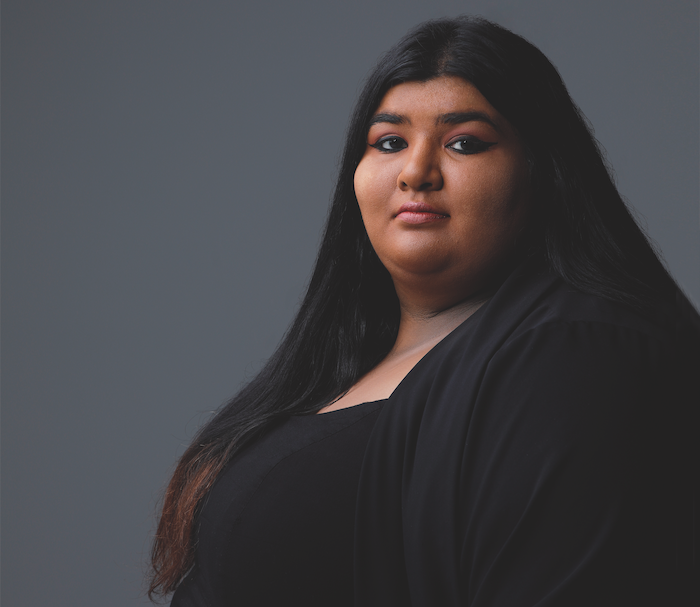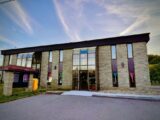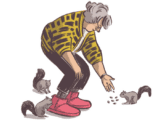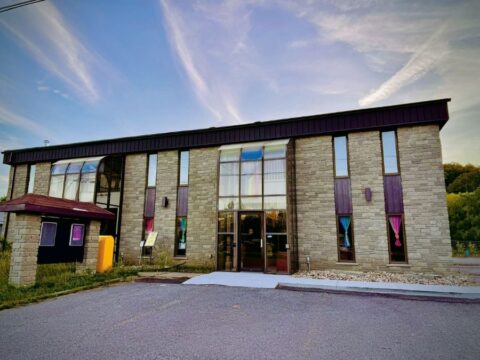Passionate about politics, Serisha Iyar is working to make the political process more accessible. The lifelong activist recently founded Leading in Colour, an Ottawa-based non-profit that equips young people of colour with the skills necessary for effective political organizing and advocacy work. She spoke with Russul Sahib.
You may unsubscribe from any of our newsletters at any time.
Russul Sahib: What motivated you to do advocacy work?
Serisha Iyar: I come from a long line of activists. It’s something that has been bred into me. In college, I was tired of the fact that advocacy was all done by non-racialized people. Racialized folks weren’t getting opportunities to do advocacy for their own communities.
RS: What inspired you to found Leading in Colour?
SI: I found there is nowhere in Canada where young activists could be taught how to do things like hold a demonstration or talk to a Member of Parliament. I noticed that was a gap in the market and I wanted to enter that base and make it as accessible as possible.
More on Broadview: Nunavut MP Mumilaaq Qaqqaq on what she’s fighting for
RS: How do your own personal experiences impact your commitment to advocacy work?
SI: My advocacy spaces are generally related to my own upbringing or issues that affect me. Being able to create spaces for others to share the same information also exposes me to issues and areas that require active allyship.
RS: What are the biggest challenges or barriers racialized youth may face when participating in or trying to do advocacy work?
SI: The biggest barrier is white supremacy. White supremacy is rampant even in the activist community. When those folks who actually have those experiences in those areas are not included in the conversation and their lead is not being followed, then advocacy cannot be effective.
RS: How do you find all the different types of advocacy work that you do to be interconnected to each other?
SI: In the racialized community, we all have intersecting identities and as a result so many of the causes that we care about intersect. Racialized folks face a variety of barriers all at the same time. For us, it’s like things are already inherently interconnected.
A shorter version of this interview first appeared in Broadview‘s May 2020 issue with the title “Serisha Iyar.”
Broadview is an award-winning progressive Christian magazine, featuring stories about spirituality, justice and ethical living. For more of our content, subscribe to the magazine today.














